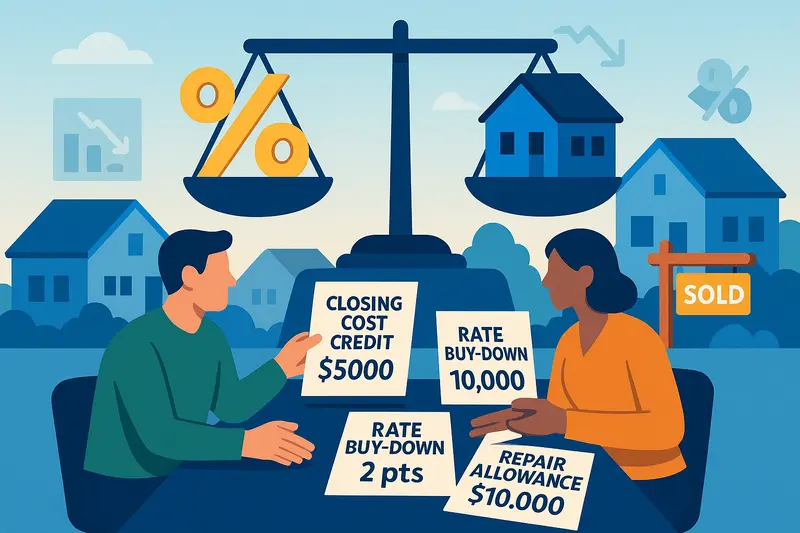Condominium Resale Certificates: Critical Facts for Buyers and Sellers
Question
Answer
When you’re buying or selling a condominium in the U.S., a resale certificate is a key document that outlines the property’s financial and legal standing. This file—sometimes called a “condo estoppel certificate”—gives both parties a clear snapshot of the homeowners association (HOA) rules, fees, and any outstanding obligations.
In most states, sellers must provide the resale certificate within a set timeframe—often 10–15 business days after contract ratification. The HOA (or a designated management company) compiles the certificate, which typically includes:
- HOA financial statements – current budget, reserve funds, and recent audit summaries
- Monthly assessments and special fees – regular dues, upcoming increases, and any pending special assessments
- Rule violations and fines – open violations by the unit owner and any associated fines
- Pending litigation – lawsuits involving the association that could affect owners’ obligations
- Transfer fees and processing costs – administrative fees charged by the HOA for preparing the certificate (commonly $100–$400)
Buyers are recommended to review the certificate carefully with their real estate agent or a licensed attorney. Key red flags include large unfunded reserves, unresolved litigation, or frequent special assessments—each can impact your monthly budget and future resale value. Sellers should order the certificate as soon as the purchase agreement is signed to avoid closing delays.
Most states set a valid period—often 30–60 days—during which the resale certificate remains effective. If your closing is pushed beyond that window, you may need to request an updated version, possibly incurring additional fees.
Before finalizing your purchase or sale, it’s advisable to verify all details in the resale certificate and discuss any concerns with a licensed local attorney or real estate professional. This step helps ensure a smoother closing and protects you from unexpected HOA-related costs.


